

Selecting the appropriate metal roofing screws is paramount for the longevity and structural integrity of your metal roof. This guide delves into the key factors to consider, ensuring you choose the perfect screws for your specific needs. Whether you’re a professional contractor or a DIY enthusiast, understanding the nuances of metal roofing screws will save you time, money, and potential headaches down the line.
Self-tapping screws are the most common type used for metal roofing. They feature a sharp, pointed tip that cuts its own thread into the metal, eliminating the need for pre-drilling in many cases. These screws are typically more efficient for installation. Different self-tapping screws have varying levels of aggressiveness and are suited for different metal thicknesses. Always check the manufacturer's recommendations for the appropriate screw type for your roofing material.
Self-drilling screws are designed to drill their own pilot hole as they are driven into the metal. They possess a drill point at the tip, making them particularly useful for thicker or harder materials where pre-drilling might be challenging. However, they tend to be less common than self-tapping screws for roofing applications. Always consider the potential for excessive material removal, particularly with softer metal roofing.
Stainless steel metal roofing screws offer superior corrosion resistance, making them ideal for various climates. They are generally more expensive but provide exceptional longevity, especially in coastal or humid environments. Types 304 and 316 stainless steel are commonly used for roofing applications, with 316 offering even greater corrosion resistance. Consider the specific needs of your environment when selecting between these grades.
Zinc-plated metal roofing screws provide good corrosion protection at a lower cost compared to stainless steel. The zinc coating protects the underlying steel from rust and oxidation. However, zinc-plated screws may not be as durable as stainless steel screws, especially in harsh environments. For less demanding climate conditions, they can be a cost-effective option.
The length of your metal roofing screws is critical. The screw should penetrate at least ? inch into the supporting structure beneath the roofing sheets. A table below showcases some common screw lengths and the applications they suit. Remember to always consult your roofing materials' specifications for guidance on the minimum penetration depth.
| Screw Length (inches) | Typical Application |
|---|---|
| 1.5 - 2 | Thin gauge metal roofing |
| 2.5 - 3 | Standard gauge metal roofing |
| 3.5 - 4 | Thicker gauge metal roofing |
The washer is just as crucial as the screw itself. A neoprene washer provides a seal to prevent water penetration, while a metal washer offers increased clamping force. Some metal roofing screws come with integrated washers for ease of installation.
You can find a wide variety of metal roofing screws from various suppliers, both online and in physical stores. For high-quality, durable screws, consider reputable brands with a proven track record. Hebei Muyi Import & Export Trading Co., Ltd. (https://www.muyi-trading.com/) offers a comprehensive selection for all your roofing needs. Remember to consider your specific roofing project requirements, including the type of metal roofing and environmental factors, before making your purchase.
This guide provides essential information for selecting the right metal roofing screws. Always consult with a professional roofing contractor if you have any doubts or uncertainties. Proper screw selection will ensure your metal roof remains secure, durable, and watertight for years to come.

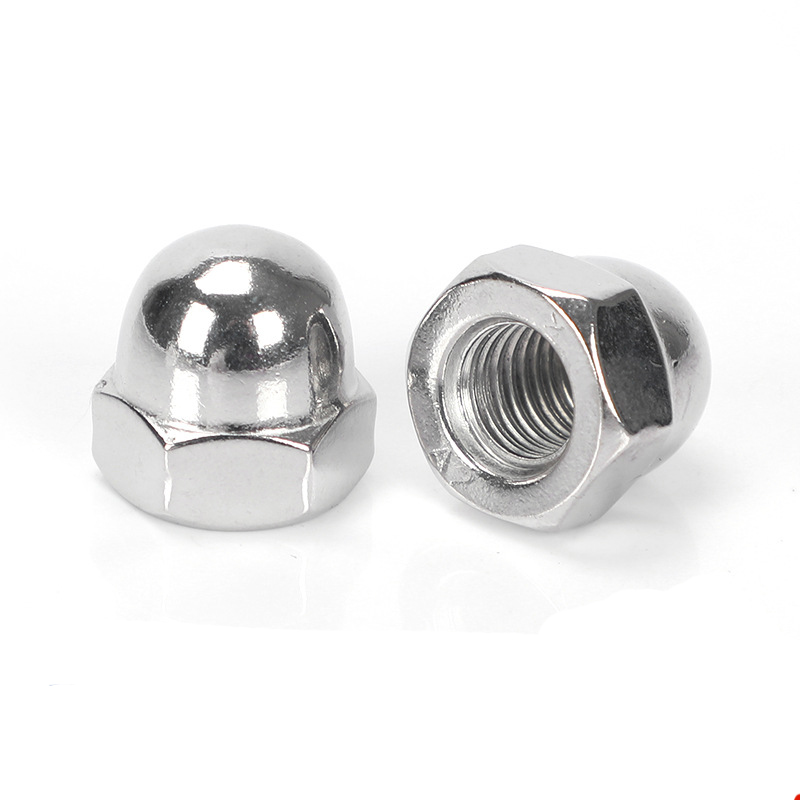

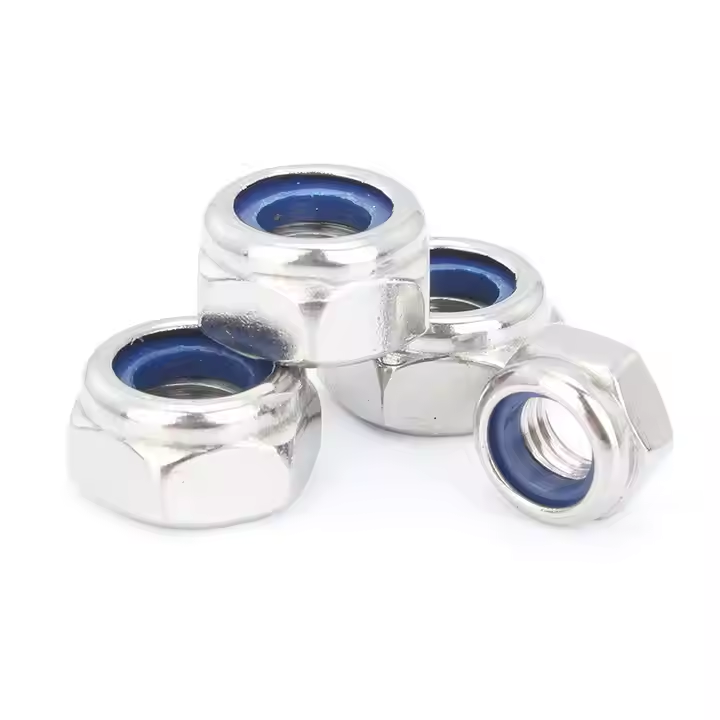
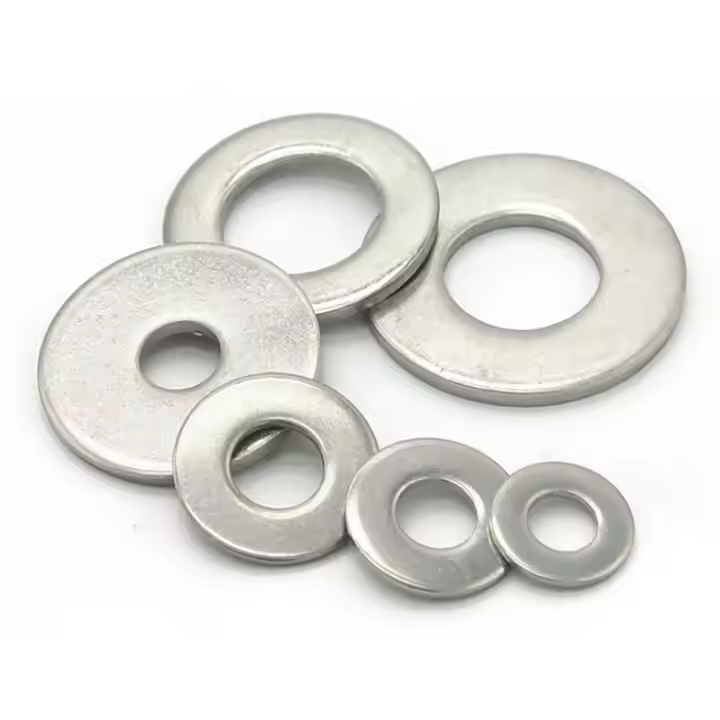
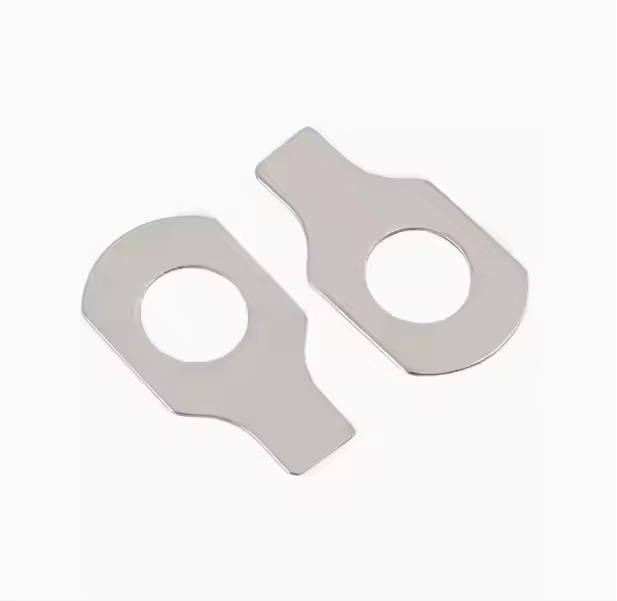
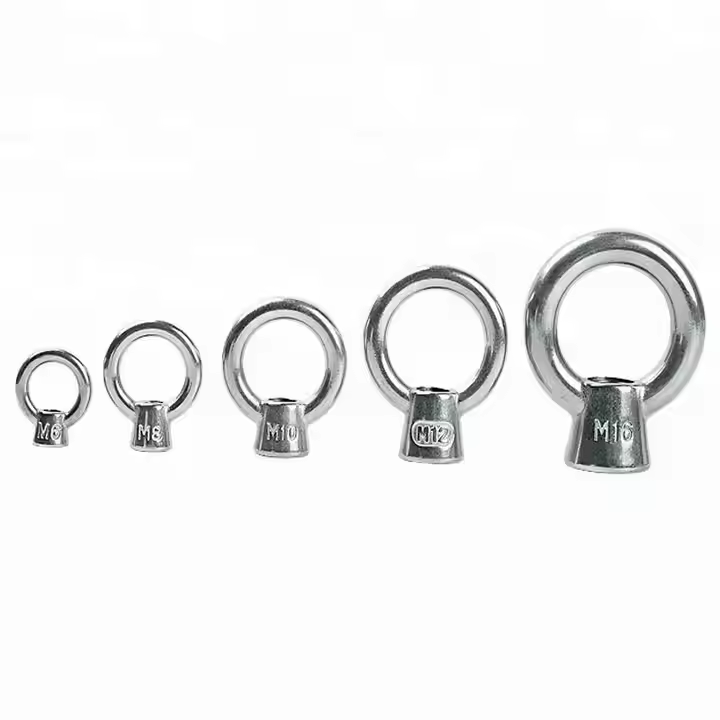

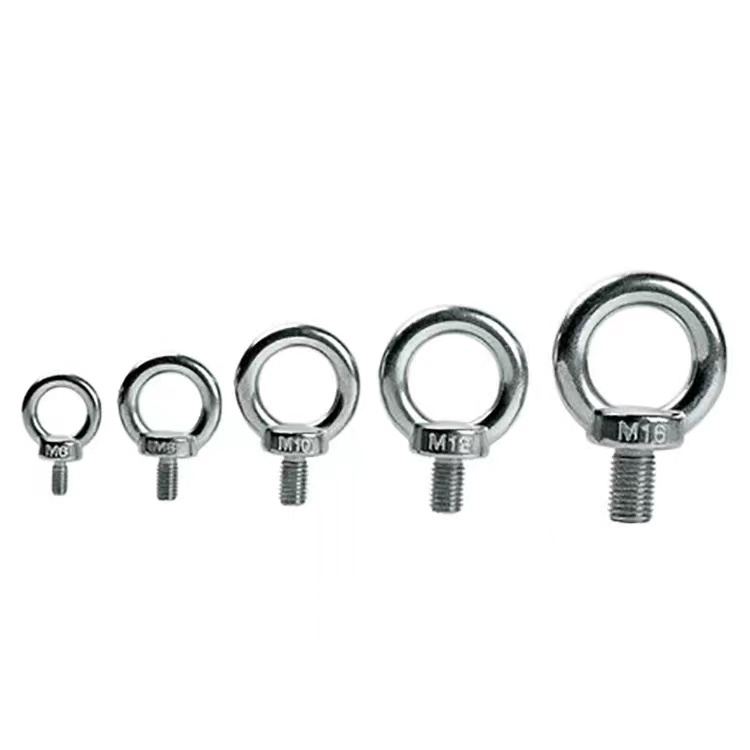
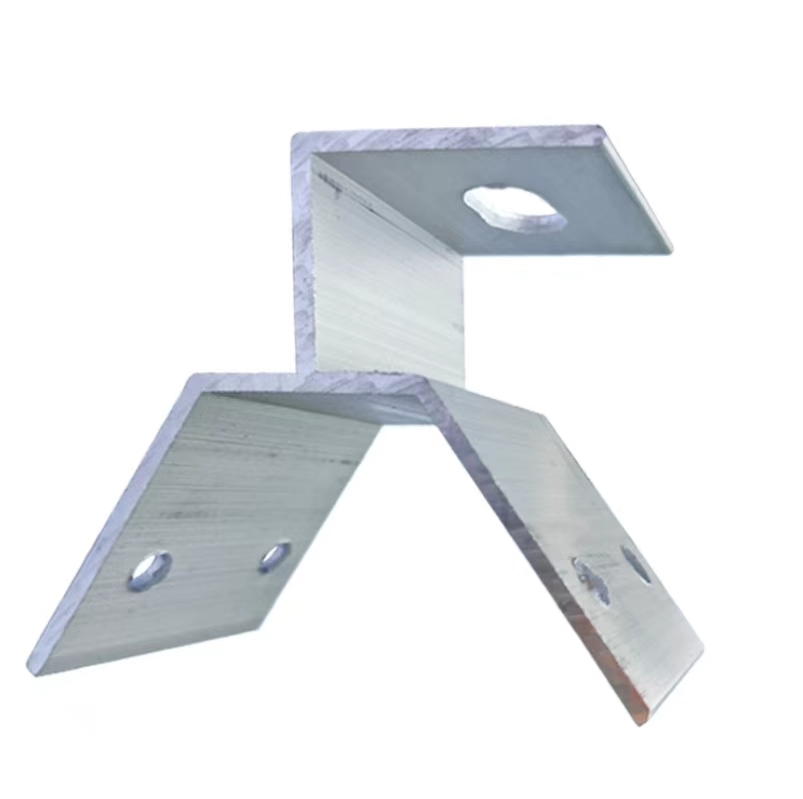
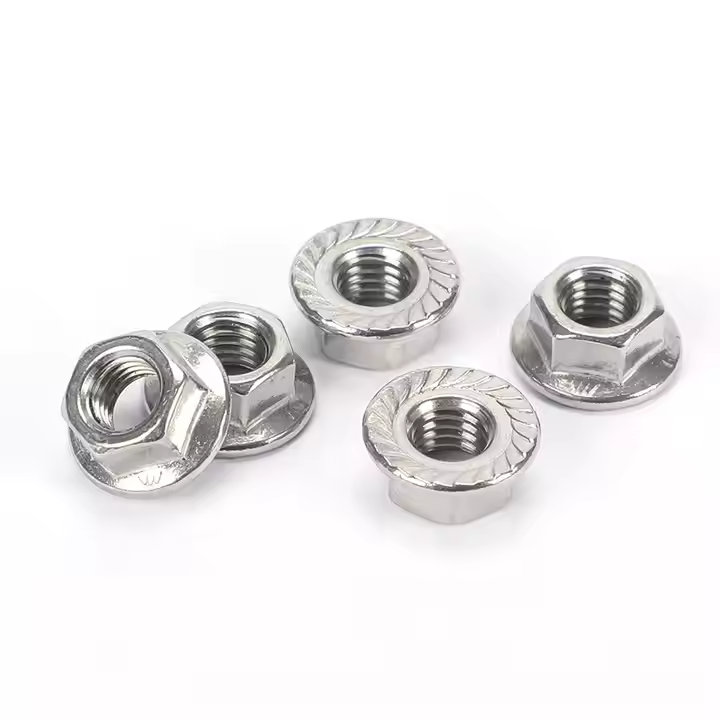
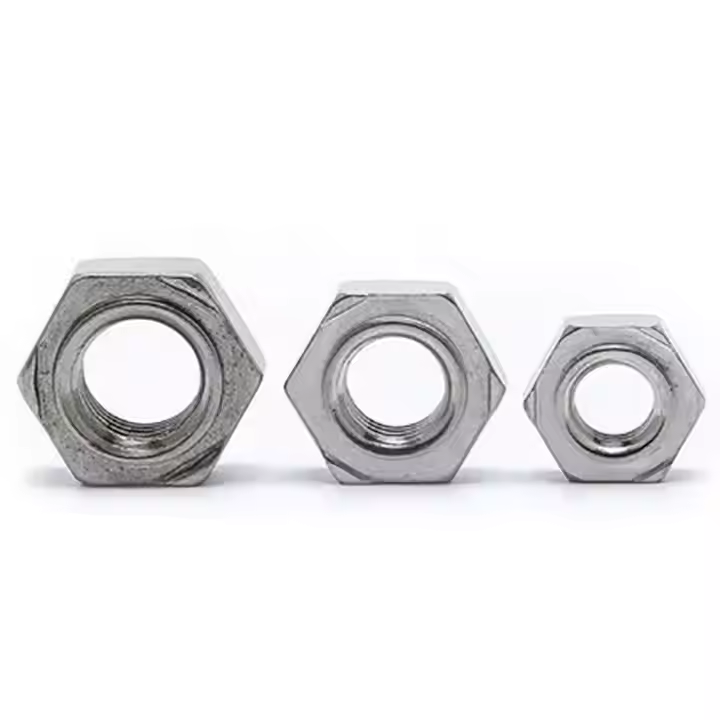

Please enter your email address and we will reply to your email.